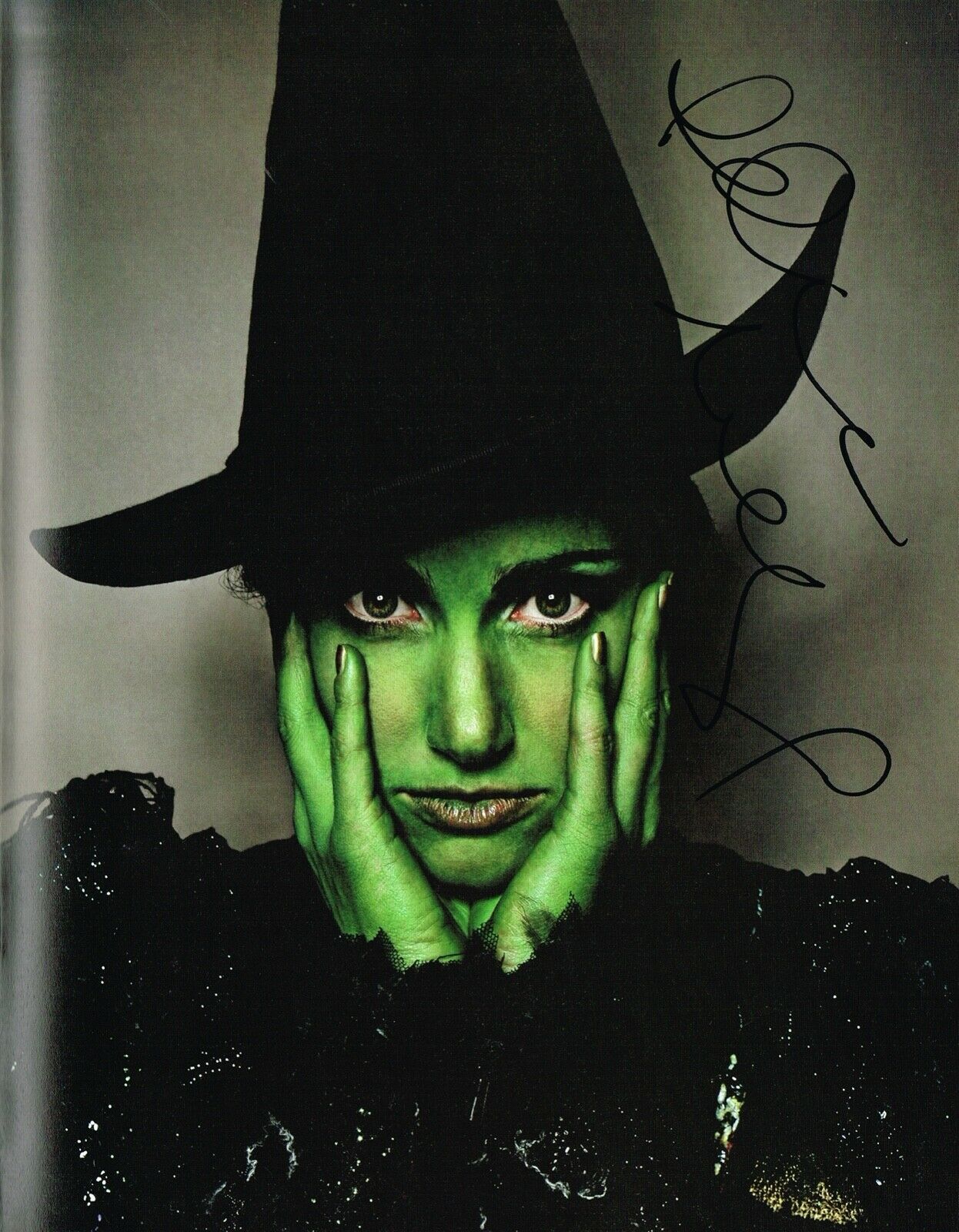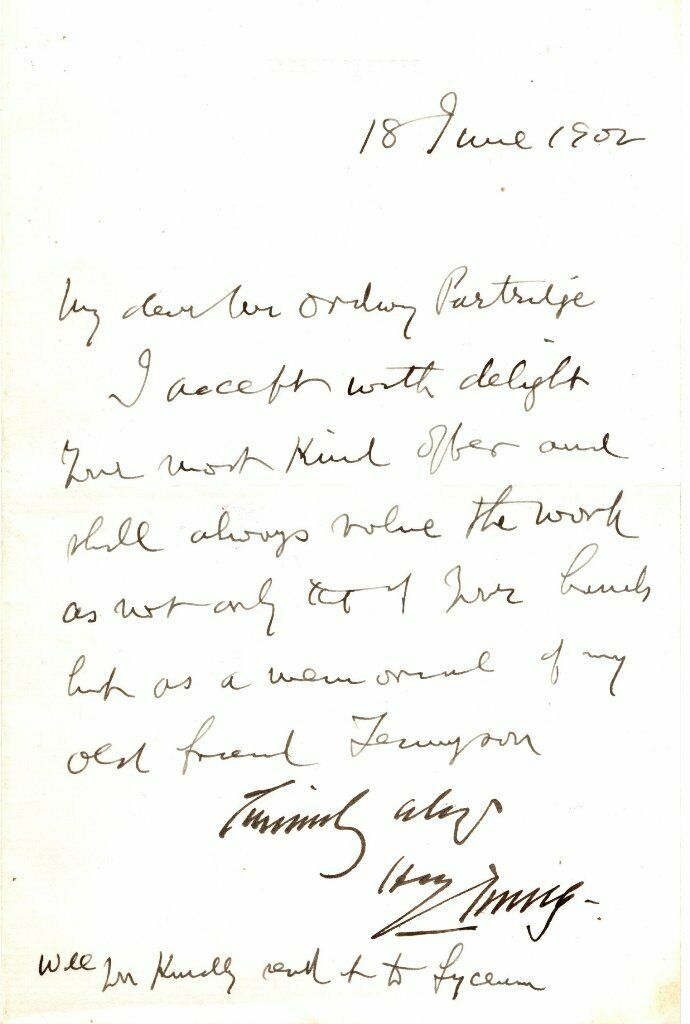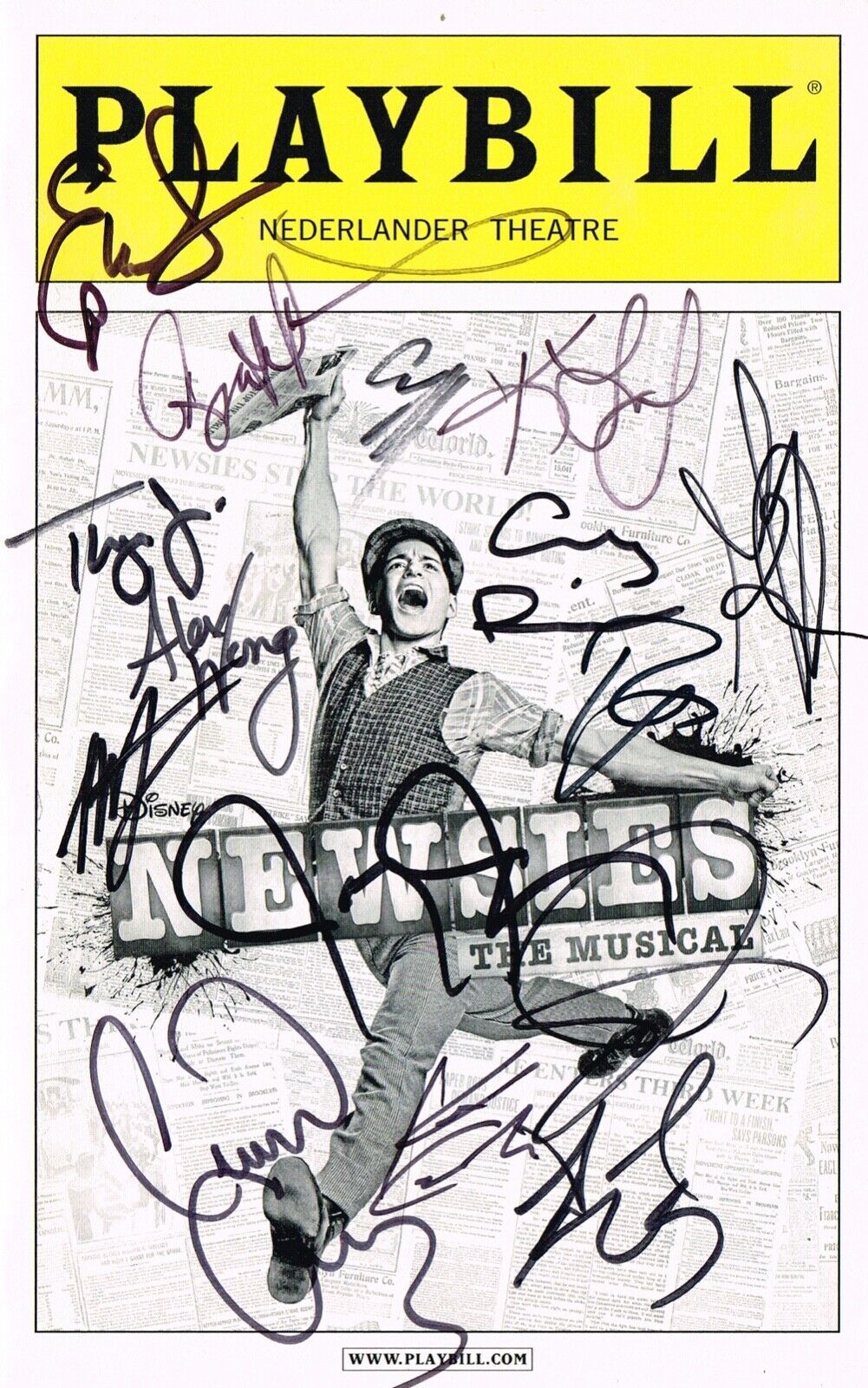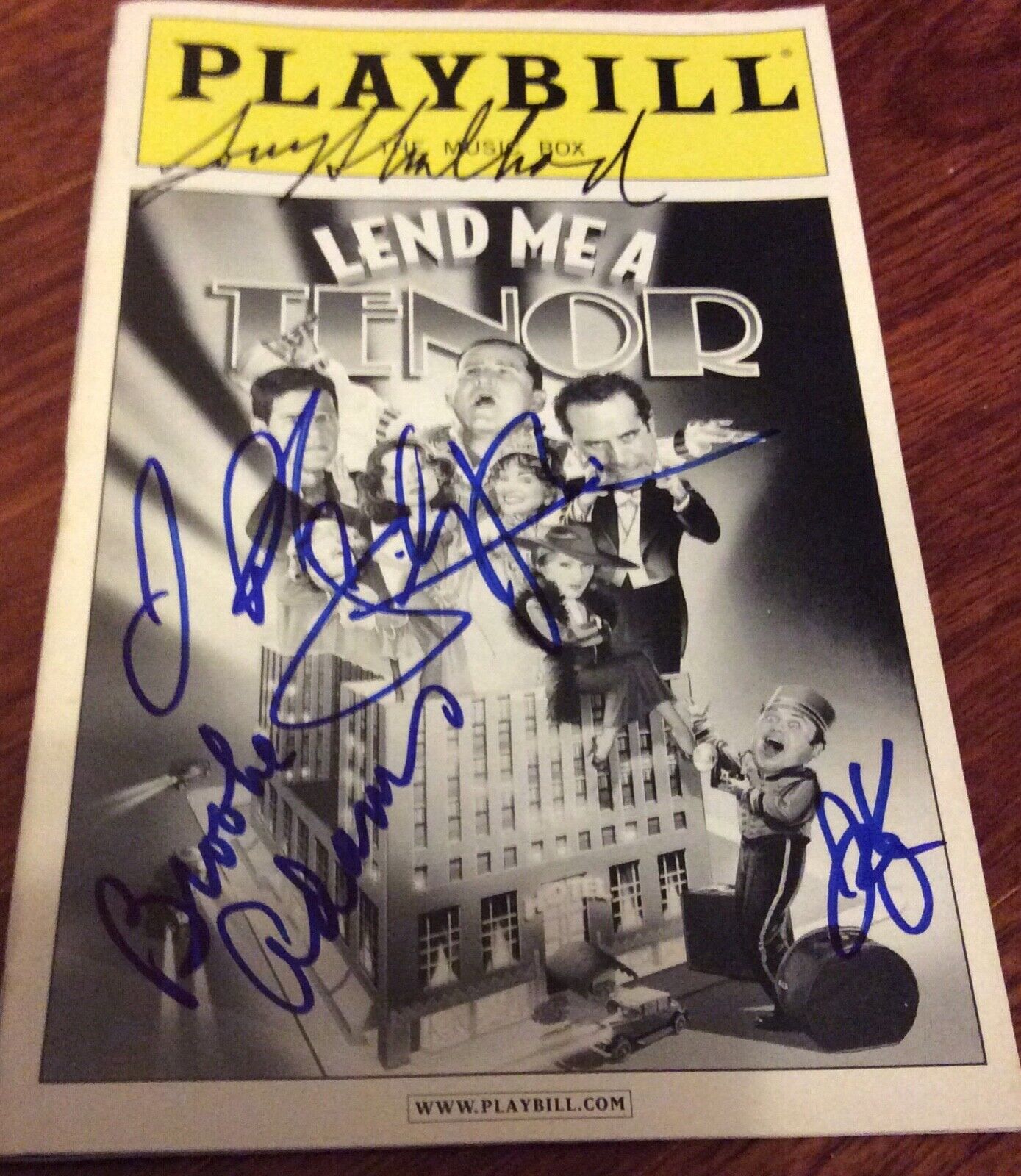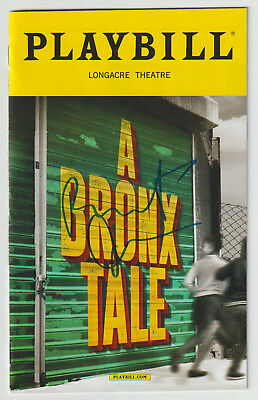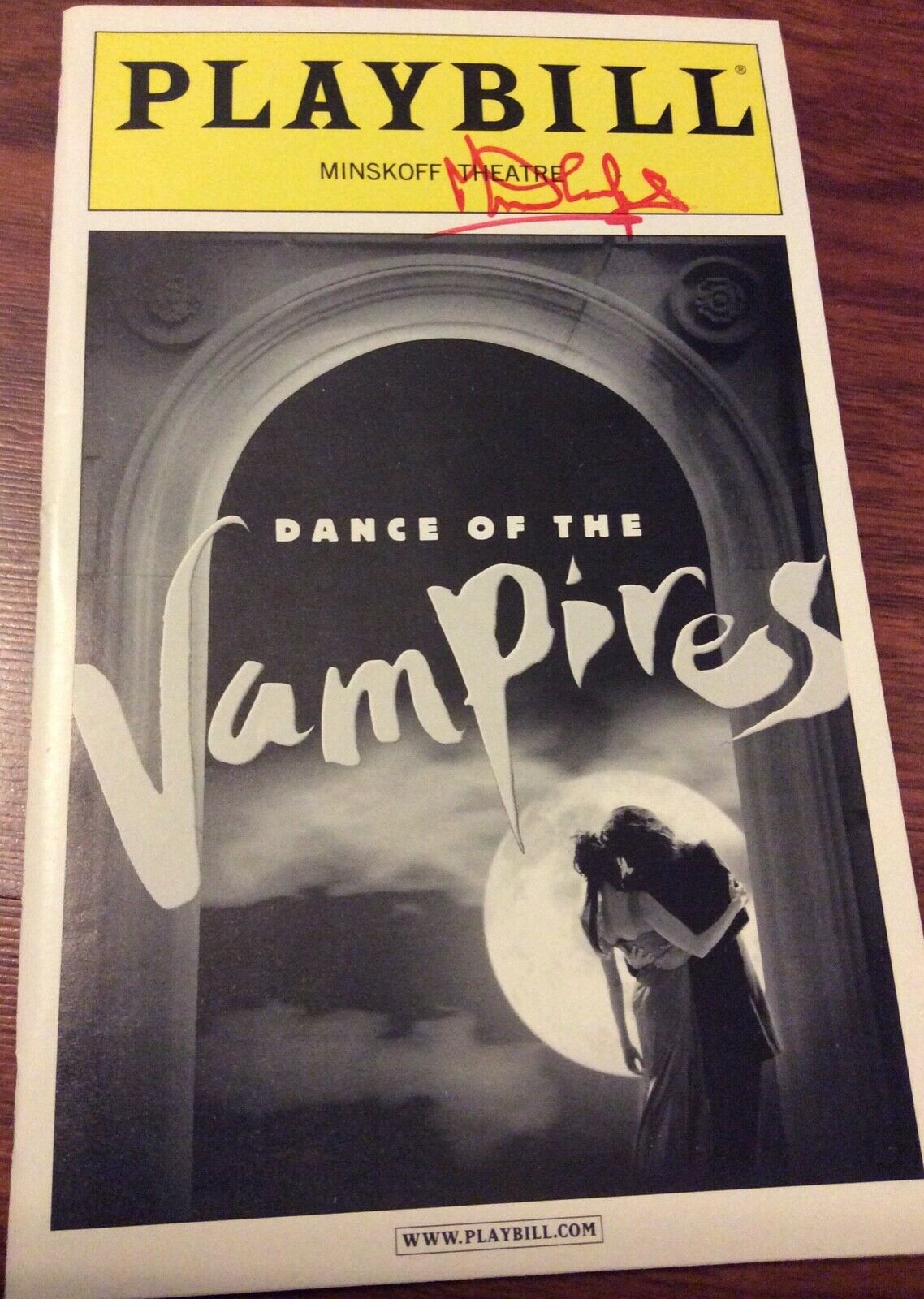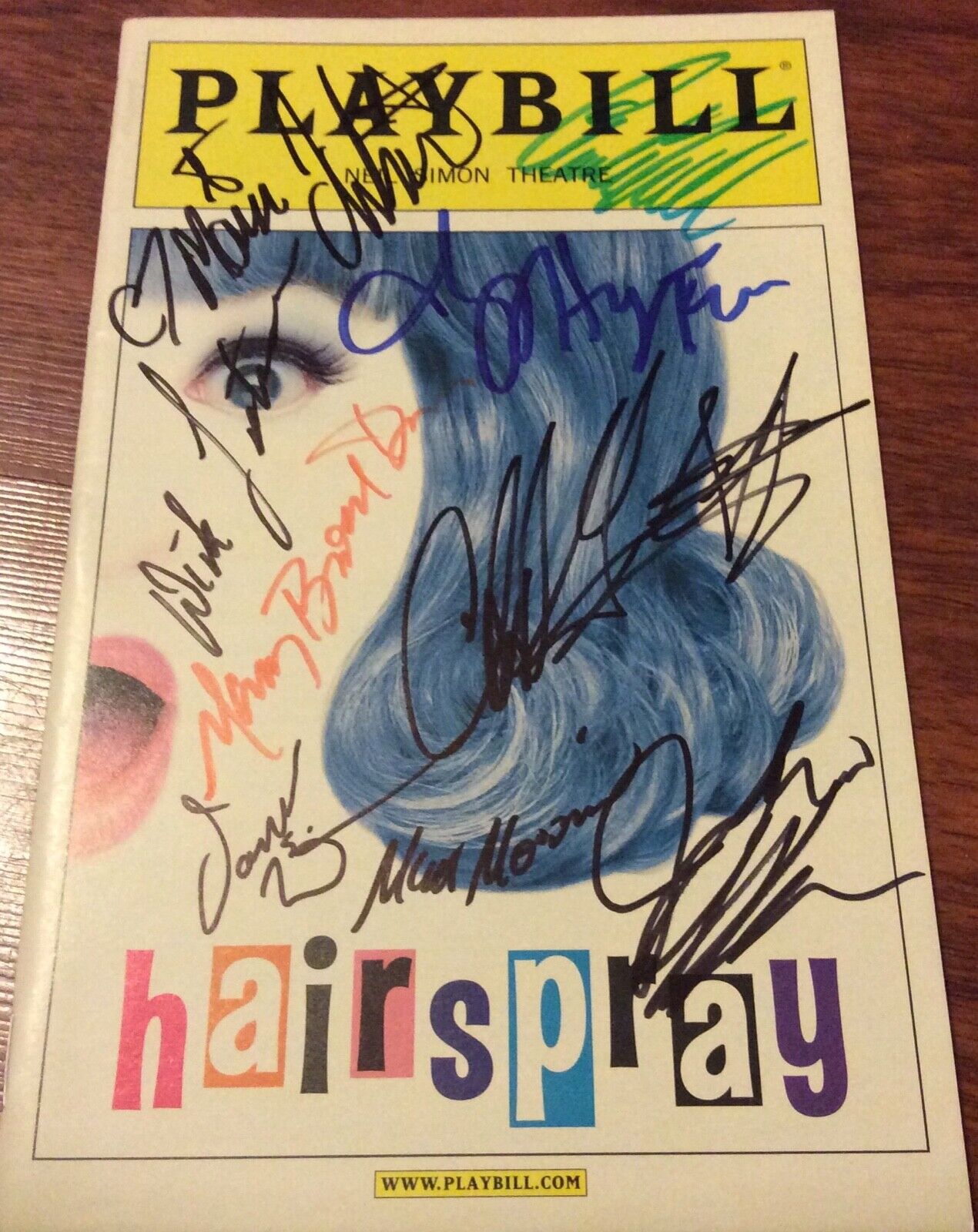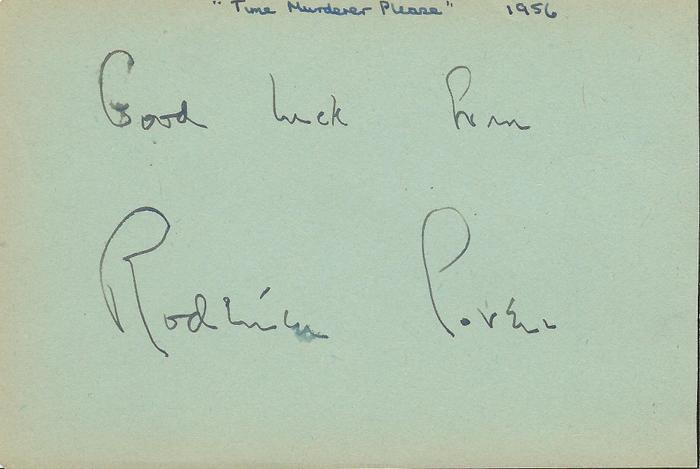-40%
*BOOTH DYNASTY: AUSTRALIAN ACTRESS AGNES BOOTH AUTOGRAPH & EXCERPT FROM LETTER*
$ 31.67
- Description
- Size Guide
Description
A rare bold autograph sentiment and excerpt from a letter to the reverse of the Australian born actress Agnes Booth, wife of Junius Brutus Booth II, mother of Junius Brutus Booth III and Sydney Booth, and sister in law of Edwin and John Wilkes Booth. Dimensions five and a half by one and a half inches. Light wear otherwise good. See the Booth family and Agnes Booth's extraordinary biographies below.Shipping discounts for multiple purchases. Credit cards accepted with Paypal. Inquiries always welcome. Please visit my other eBay items for more early theatre and historical autographs, photographs and programs and great singer, actor and actress cabinet photos and CDV's.
From Wikipedia:
The Booth family was an English-American theatrical family of the 19th century. Its most famous and well known members were Edwin Booth, one of the leading actors of his day, and John Wilkes Booth, who assassinated Abraham Lincoln.
The patriarch was Junius Brutus Booth, a London-born lawyer's son who eventually became an actor after he attended a production of Othello at the Covent Garden theatre. The prospects of fame, fortune and freedom were very appealing to young Booth, and he displayed remarkable talent from an early age, deciding on a career in the theatre by the age of seventeen. He performed roles in several small theaters throughout England, and joined a tour of the Low Countries in 1814, returning the following year to make his London debut.
Booth abandoned his wife and their young son in 1821 and ran off to the United States with Mary Ann Holmes, a London flower girl. They settled in Harford County near Baltimore, and built a house named "Tudor Hall" in 1847, which still survives. There they started a family; they had ten children, six of whom survived to adulthood.[1][2]
Junius Sr. and Edwin toured the Western United States during the Gold Rush, performing plays by Shakespeare for illiterate miners, who nevertheless had no tolerance for bad acting. Edwin Booth bought an interest in the Winter Garden Theatre at 667 Broadway in New York City together with his brother-in-law John Sleeper Clarke. The brothers John Wilkes, Edwin, and Junius Brutus, Jr. performed there in the play Julius Caesar at a benefit in 1864, the only time they were seen together on a stage, playing Mark Antony, Brutus and Cassius, respectively.[3]
Notable members
Junius Brutus Booth (1796–1852), brought his mistress Mary Ann Holmes, who bore him 10 children, to the United States.
He also wrote many letters in fits of drunken anger and madness to president Andrew Jackson with the threat of assassination. He requested that two prisoners who had been sentenced to death for piracy, named De Ruiz and De Soto, be pardoned else "I will cut your throat whilst you are sleeping." This letter would later be recanted by Junius stating, "May god preserve General Jackson and this happy republic." [4]
Junius Brutus Booth, Jr. (1821–1883) married the Australian born actress Agnes Booth. Junius Jr. never achieved the same fame as his brothers, but his third wife Agnes was popular.
Their son Sydney Barton Booth (1877–1937) was an actor well into the era of modern film [5]
Edwin Booth (1833–1893), came to be the foremost American Shakespearean actor of his day. He founded The Players, a New York City actors' club which continues to the present day.
Edwin's grandson Edwin Booth Grossman was a painter of some note.
Asia Booth (1835–1888), married John Sleeper Clarke, an actor/comedian who was briefly imprisoned in the aftermath of the assassination. They then emigrated to Britain where he became a successful theatre manager.
Creston Clarke[6] and Wilfred Clarke,[7] sons of John and Asia, were noted actors in their day.
John Wilkes Booth (1838–1865), a popular young star in less serious fare than his brother.
A Confederate sympathizer during the American Civil War. During a play attended by Abraham Lincoln, Booth took advantage of his access to the theatre to invade the President's box and assassinate him, but was killed days later by Union soldiers.


